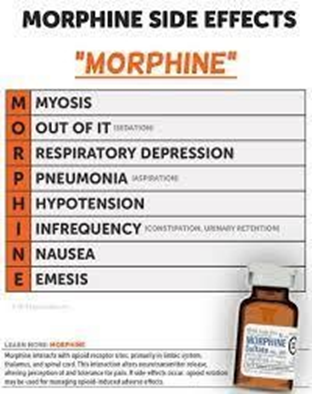A nurse is caring for an adolescent who has a new diagnosis of type 1 diabetes mellitus.
Which of the following recommendations should the nurse make?
Store opened vials of insulin for up to 60 days.
Follow up with physical therapy.
Consult with a nutritionist.
Monitor capillary blood glucose daily.
The Correct Answer is C
Rationale:
A. Storing opened vials of insulin for up to 60 days is incorrect. Insulin should be discarded after the manufacturer's recommended expiration date or within 28 days after opening, whichever comes first.
B. Physical therapy is not typically indicated as part of routine care for adolescents with type 1 diabetes mellitus. However, regular physical activity is encouraged for overall health and blood sugar management.
C. Consulting with a nutritionist is important for adolescents with type 1 diabetes mellitus to receive individualized meal planning guidance, carbohydrate counting education, and dietary recommendations to help manage blood sugar levels.
D. Monitoring capillary blood glucose daily is essential for adolescents with type 1 diabetes mellitus, but it is not the only recommendation. Comprehensive diabetes management includes multiple aspects such as insulin therapy, dietary modifications, physical activity, and regular monitoring of blood glucose levels.
Nursing Test Bank
Naxlex Comprehensive Predictor Exams
Related Questions
Correct Answer is B
Explanation
Rationale:
A. This is not a common adverse effect associated with morphine.
B. Nausea is a common adverse effect of morphine and should be monitored for, particularly in pediatric patients.

C. Stevens-Johnson syndrome is a severe allergic reaction and is not typically associated with morphine.
D. While morphine can cause urinary retention, it is not typically associated with renal failure.
Correct Answer is A
Explanation
Rationale:
A. Providing for periods of rest is important to conserve energy in children with heart failure.
B. Increasing the oxygen flow rate until cyanosis resolves may not be appropriate without medical guidance.
C. Digoxin should not be withheld without consulting the healthcare provider. It is essential to follow the prescribed regimen and contact the provider if there are concerns about the child's pulse rate.
D. Weighing the child once each month may not be frequent enough for monitoring fluid status in a child with heart failure. More frequent weight monitoring may be necessary as per the healthcare provider's recommendations.
Whether you are a student looking to ace your exams or a practicing nurse seeking to enhance your expertise , our nursing education contents will empower you with the confidence and competence to make a difference in the lives of patients and become a respected leader in the healthcare field.
Visit Naxlex, invest in your future and unlock endless possibilities with our unparalleled nursing education contents today
Report Wrong Answer on the Current Question
Do you disagree with the answer? If yes, what is your expected answer? Explain.
Kindly be descriptive with the issue you are facing.
